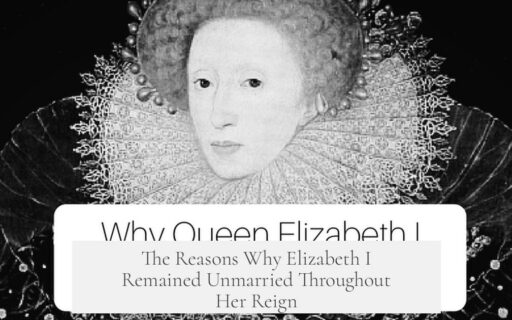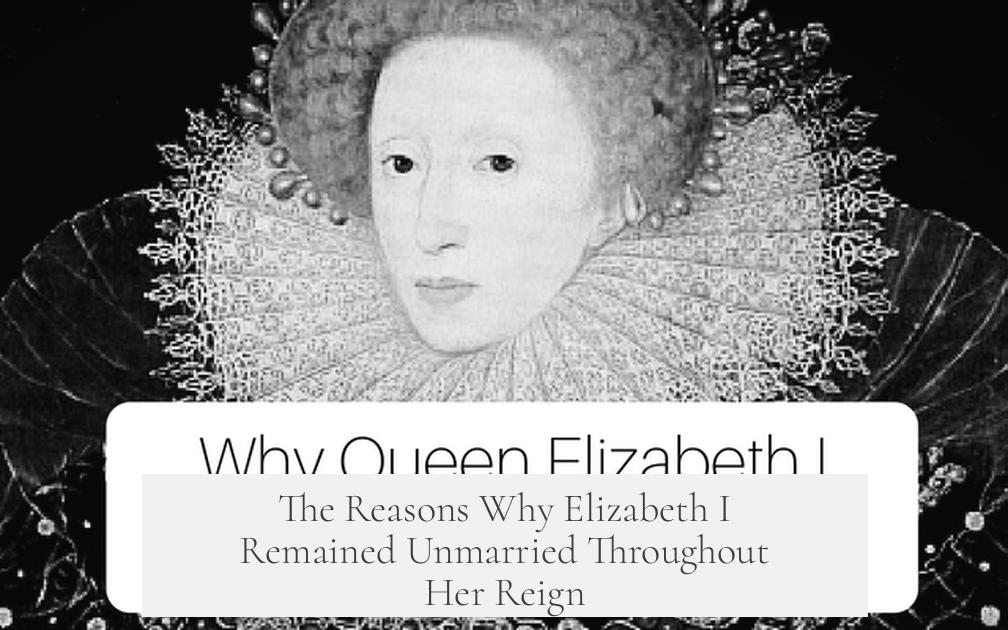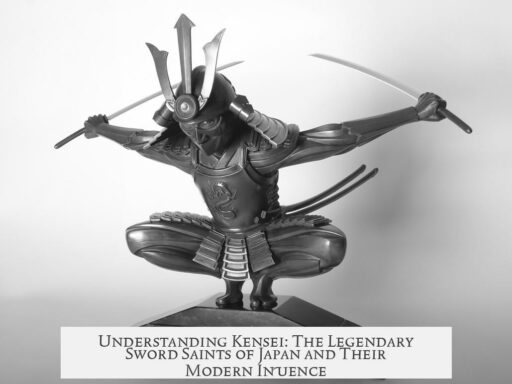Elizabeth I never married to maintain full control over her reign, avoid political pitfalls of a consort undermining her authority, and skillfully navigate the religious and gendered challenges of her time.
Her decision reflected learned political strategy, personal choice grounded in her early life traumas, and conscious image crafting as a ruler uniquely dedicated to England. Elizabeth’s refusal to marry was deliberate, multifaceted, and essential to her long and largely stable reign.
Elizabeth’s reign followed the difficult precedent set by female rulers before her. Her sister Mary I’s marriage to Philip of Spain brought political strife, religious conflict, and a loss of English sovereignty influence. Elizabeth saw firsthand the risks of entangling England in foreign dynastic politics.
In a 16th-century society where a queen’s primary role often meant being a wife and mother to secure alliances and heirs, Elizabeth disrupted expectations. The queen was traditionally subordinate to her husband. Marriage implied sharing or losing power for a female monarch. Elizabeth rejected this norm.
England was torn by religious tension. Henry VIII’s break from Rome created a Protestant Church, but many remained Catholic, making marriage a religiously charged decision. Aligning herself with a Catholic husband risked alienating Protestants and vice versa. Each potential match threatened to inflame conflict at home and abroad.
By staying single, Elizabeth retained diplomatic leverage. Marriage negotiations allowed her to play suitors off each other, gaining political advantage without commitment. This strategy upheld her position and kept England autonomous.
| Key Political Considerations | Effects |
|---|---|
| Marriage to foreign prince (e.g., Catholic) | Risk of religious conflict and foreign dominance |
| Marriage to English noble | Internal factional power struggles |
| Remaining single | Maintaining sole sovereignty and diplomatic leverage |
Elizabeth’s personal life further influenced her choice. As the daughter of Anne Boleyn, executed amid scandal, Elizabeth grew up under suspicion and instability. She spent time imprisoned during Mary I’s reign. These experiences shaped her mistrust of political marriages and court intrigue.
Elizabeth’s self-identification as the “Virgin Queen” embodied more than a personal vow; it was a political statement. She cultivated an image of lifelong devotion to England, presenting herself metaphorically married to her country rather than a man. This enhanced her symbolic power and national unity.
Her relationship with Robert Dudley illustrates this blend of affection and political caution. Dudley was a favored courtier, rumored potential consort, but political and social controversies surrounding him prevented marriage. Elizabeth balanced emotional bonds with the broader needs of her reign.
Gender roles provided another layer of challenge. Monarchs who married risked ceding authority to husbands, especially in a patriarchal society skeptical of female rule. Elizabeth took on both traditionally masculine and feminine leadership qualities to assert authority without a consort’s interference.
“The very act of marriage implied a transfer or sharing of authority, something Elizabeth could not risk.”
Elizabeth’s reign ultimately set a precedent for female sovereignty not defined by marriage or motherhood. She kept power centralized, prevented foreign takeover through marriage, managed religious conflicts prudently, and shaped a lasting personal and political legacy.
- Elizabeth avoided marriage to preserve sovereign authority and prevent a husband’s dominance.
- Religious divisions made any marital alliance politically risky and potentially destabilizing.
- Her early life hardships fostered a desire for independence and caution regarding marriage.
- The “Virgin Queen” persona reinforced her singular commitment to England and political unity.
- Personal relationships like that with Robert Dudley combined affection with tactical restraint.




